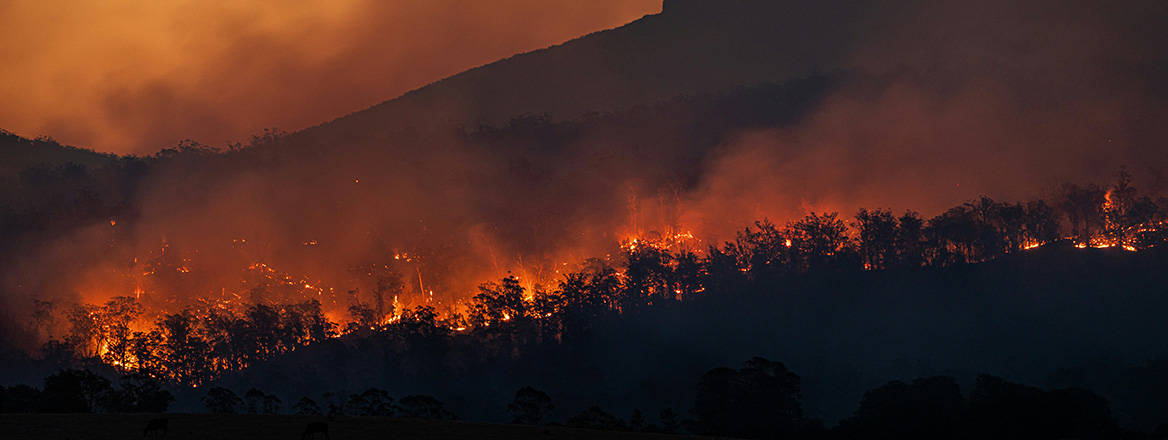Counterterrorism Lessons for Climate Security: A Trade in Tradecraft
Lessons from counterterrorism can help to analyse and respond to climate security risks and threats.
Based on their experience in Jordan of supporting the development of the world’s first national climate security intelligence assessment capability, Timothy Clack and Suzanne Raine assert that a number of lessons are identifiable from counterterrorism linked to the analysis of, and response to, climate security risks and threats. These lessons include: developing effective warning systems; managing the feeds of data and information; generating foresight on, and understanding of, risks and threats; ensuring that the right capabilities exist within analytical teams; refining communication with, and actions of, stakeholders and responders; and developing preparedness through resilience and exercises.
WRITTEN BY
Timothy Clack
Suzanne Raine
RUSI Trustee
- Jim McLeanMedia Relations Manager+44 (0)7917 373 069JimMc@rusi.org


